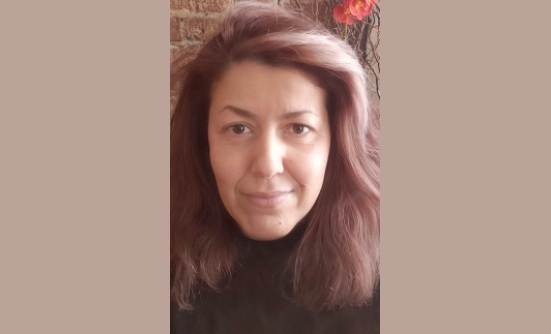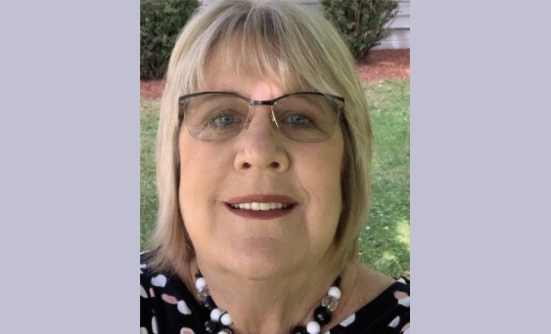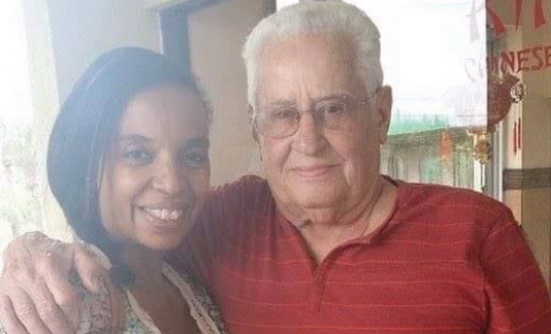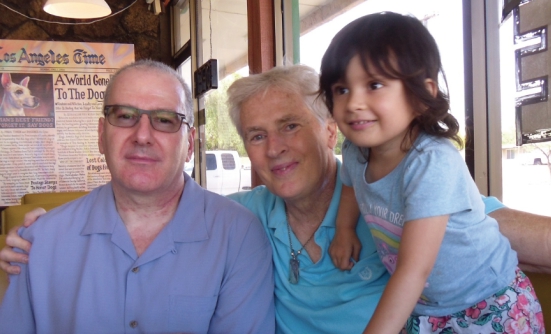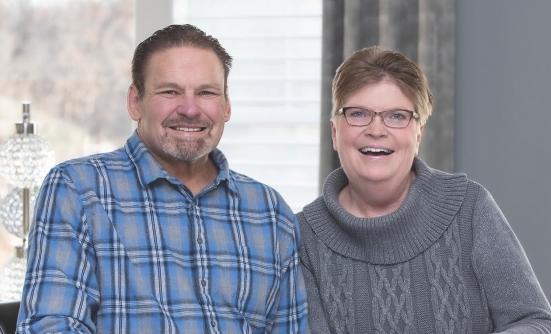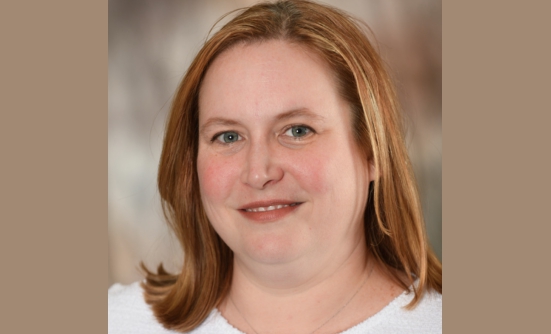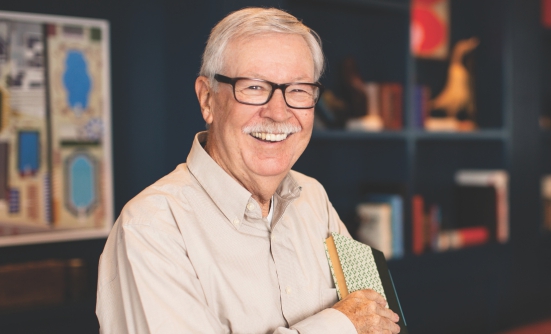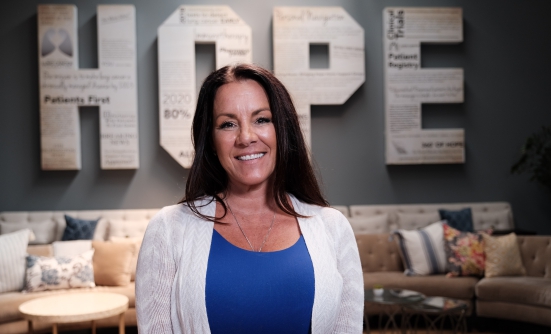In early May this year, I hosted the first-ever lung cancer caregiver summit in Washington, DC. I listened as participants spoke about their caregiving experience. Although each caregiver’s situation was different, their stories started off in a very similar way.
The caregivers were caught completely off guard when their loved one was diagnosed with lung cancer. They were not provided a handbook, or caregiver training. One day everything was “normal,” and the next day they were helping their loved one fight for his or her life. It all happened that quickly.
Fear and Anxiety
Fear and anxiety were shared emotions among the caregiver summit participants. Uncertainty about the future hung in the air with every comment they made about their personal situation.
Burnout
I noted that some of those who attended the summit expressed feelings of caregiver fatigue and caregiver burnout; however, only a few were brave enough to talk about it openly. It’s difficult to admit that you may be at your limit.
Serving as a caregiver for a loved one with lung cancer can be a physically and mentally exhausting job. You may be feeling that there are not enough hours in the day, so taking a few minutes every day to focus on yourself may make you feel guilty. However, research shows that taking this personal time is important; it relieves stress and will ultimately help you be a better caregiver.
Remember that your health is as important as that of your loved one. Not addressing the many issues that can arise during caregiving, and ignoring the signs of caregiver fatigue, can be harmful to you (the caregiver), as well as to your loved one.
It’s Okay to Get Help from Others
Given everything else you are focused on while caring for your loved one, asking others for help can take some of the pressure off you to do everything yourself. Often, people want to help but don’t know how. They will be happy to be asked to do something specific to help you or your loved one, which will relieve some of your pressure and may also be a positive change for your loved one.
If friends and family members offer to help out, don’t be shy about saying “yes.” Whether it is to come over for a visit or to organize meals for a week, don’t hesitate to accept offers from others.
Accepting help not only allows other people to share in the workload, it can also reduce the feelings of guilt the patient may experience as he or she sees you taking everything on your shoulders. It’s okay to give yourself permission to get help from others.
About the Author
Katie Brown is Vice President of Support and Survivorship programs for LUNGevity Foundation, the leading lung cancer nonprofit organization in the country. She is a 22-year cervical cancer survivor and has been trained in oncology patient navigation to help create programs that serve patients who are affected by lung cancer. She is a member of the Academy of Oncology Nurse & Patient Navigators, and is a volunteer cancer ministry leader at her church in Texas.
Key Points
- It is common for caregivers to experience fear and anxiety
- Caregiver fatigue and burnout are also common, but few caregivers talk about it openly
- It’s difficult to admit that you may be at your limit
- Remember that your health is as important as that of your loved one
- If friends and family members offer to help out, don’t be shy about saying “yes”
- Accepting help allows other people to share in the workload and can reduce the patient’s feelings of guilt
Patient Resources
Caregiver Action Network
http://caregiveraction.org
LUNGevity Caregiver Fatigue
www.lungevity.org/for-patients-caregivers/caregiver-resource-center/role-of-caregiver/caregiver-fatigue
National Alliance for Caregiving
www.caregiving.org
National Cancer Institute
www.cancer.gov/about-cancer/coping/caregiver-support








